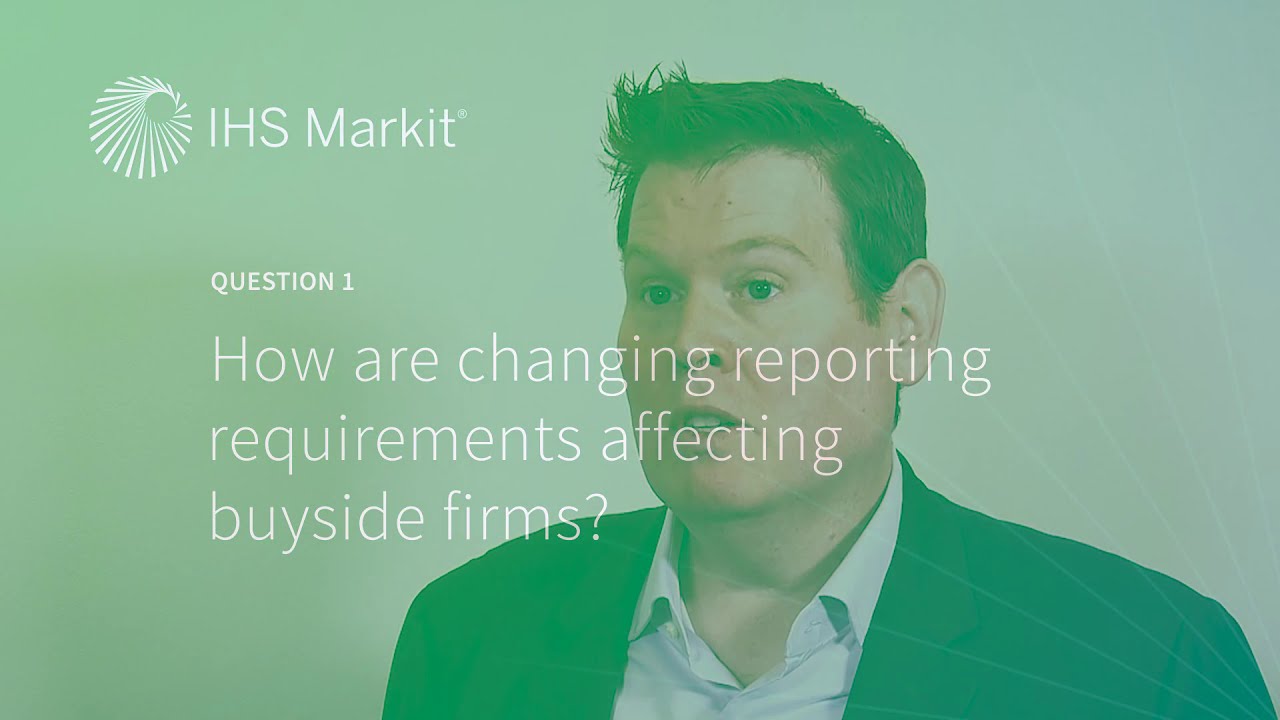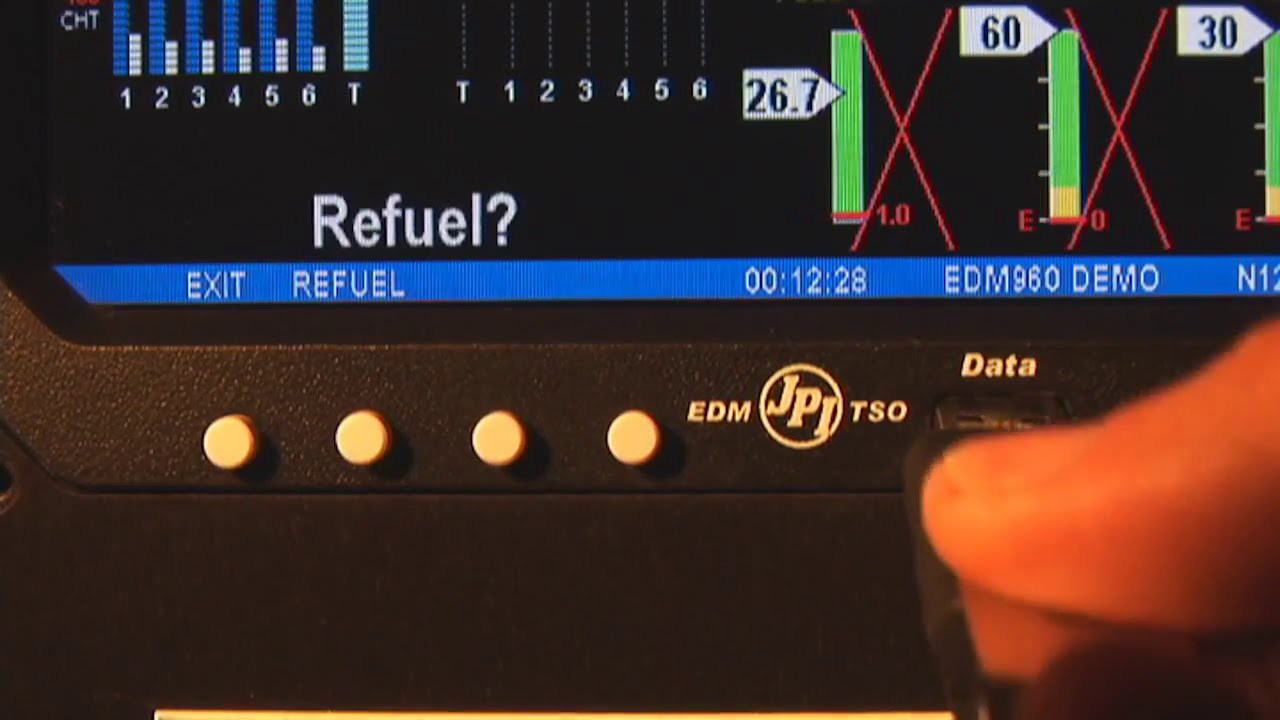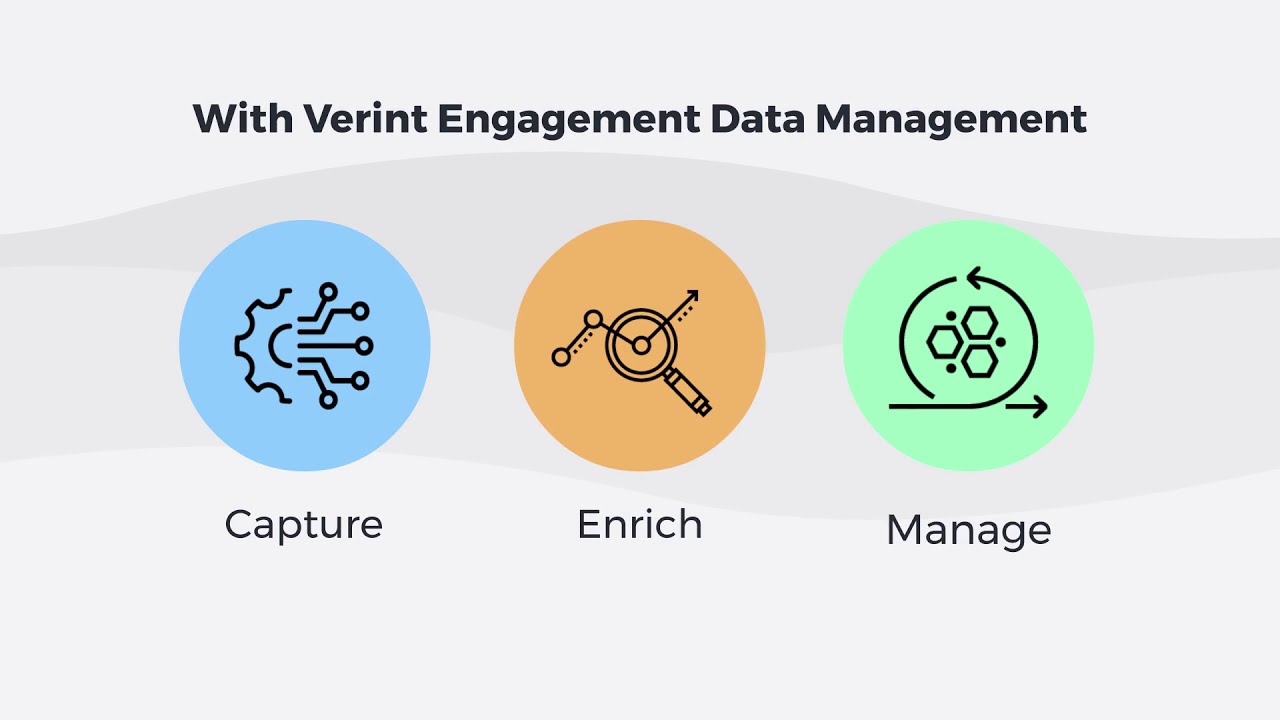
Are you struggling to manage your EDM (Electronic Dance Music) tracks and artists? Keeping track of new releases, labels, and events can be overwhelming, especially if you’re managing a large database. That’s where EDM databases come in – they help you organize and streamline the process, making your life easier as an EDM enthusiast or professional.
In this guide, we’ll cover everything you need to know about EDM databases, from their definition and features to the best options available on the market. We’ll also address some frequently asked questions to provide you with all the information necessary to make an informed decision.

An EDM database is a software tool designed to organize, store, and manage electronic dance music content. This content includes various types of data such as artist names, album titles, song titles, release dates, labels, genres, and more.
The main goal of an EDM database is to provide users with a comprehensive overview of the dance music scene, allowing them to browse and analyze information based on different criteria and filters. Some databases also offer additional features such as playlist creation, event calendars, and social media integration.

If you’re an avid EDM fan or a music industry professional, using an EDM database can have several benefits:
By using a centralized database to store all your EDM-related data, you can avoid clutter and confusion. Instead of sifting through multiple sources of information, you can rely on one platform that provides you with everything you need.
EDM databases allow you to discover new artists, songs, and labels based on different parameters such as genre, tempo, popularity, and release date. This can help you stay up-to-date with the latest trends and identify emerging talent.
By analyzing data stored in the database, you can draw conclusions and make informed decisions. For example, you can analyze which labels are releasing the most successful tracks or which artists are gaining traction in a particular genre.

When searching for an EDM database, consider the following features:
Make sure the database covers a wide range of dance music sub-genres and includes as many artists and labels as possible.
The interface should be intuitive and easy to navigate, allowing you to browse and search for information without any difficulties.
The database should be updated frequently to ensure that you have access to the latest information.
The more filters and parameters available, the easier it is to find the information you need. Look for databases with customizable tags, genres, release dates, and other criteria.

Here are some of the most popular EDM databases currently available on the market:
Beatport is one of the most comprehensive and well-known EDM databases, offering users access to millions of tracks from thousands of artists and labels. The platform includes genres ranging from techno and house to trance and drum bass.
Beatport also offers additional features such as curated playlists, event calendars, and DJ charts. However, the platform requires a paid subscription to access all features.
Traxsource is another popular EDM database that focuses on underground and independent labels. The platform offers over 100,000 tracks from various genres such as deep house, soulful house, and disco.
Traxsource also provides exclusive releases and offers a user-friendly interface with customizable filters. However, the platform does not include mainstream EDM sub-genres and requires a paid subscription for full access.
Juno Download is a UK-based EDM database that offers a wide range of genres and sub-genres including house, techno, drum bass, and dubstep. The platform features over 4 million tracks from thousands of independent and major labels.
Juno Download also provides personalized recommendations, free downloads, and a user-friendly interface with customizable filters. However, the platform does not offer social media integration or event calendars.
Music streaming services such as Spotify or Apple Music offer users access to a vast library of songs in various genres, including EDM. However, these platforms do not provide comprehensive data on artists, labels, releases, and events like EDM databases do.
Yes, an EDM database can be useful for academic or research purposes. By analyzing trends and patterns in the dance music scene, researchers can gain insights into the industry and its impact on popular culture.
While most EDM databases require a paid subscription for full access, some offer limited free access. For example, Beatport provides a free account that allows users to browse and purchase tracks, while Juno Download offers free downloads of selected tracks.
When choosing an EDM database, consider your specific needs and preferences. Do you want access to a wide range of genres or focus on a particular sub-genre? Do you need social media integration or event calendars?
Research and compare different databases based on their features, user reviews, pricing, and other factors to find the one that best fits your requirements.
Some EDM databases allow users to contribute by submitting content such as track listings, artist bios, and label information. This can help the database grow and become more comprehensive.
However, before contributing, make sure to check the platform’s guidelines and terms of use to ensure that your submissions meet their criteria.
EDM databases are powerful tools that can help you stay organized, discover new music, and analyze data in the electronic dance music industry. By considering the features and options available, you can select the database that meets your needs and preferences.
Whether you’re a dedicated EDM fan, a music industry professional, or a researcher, an EDM database can provide you with valuable insights and enable you to keep up-to-date with the latest trends and developments.
So why not give it a try and explore the world of electronic dance music through the lens of an EDM database?